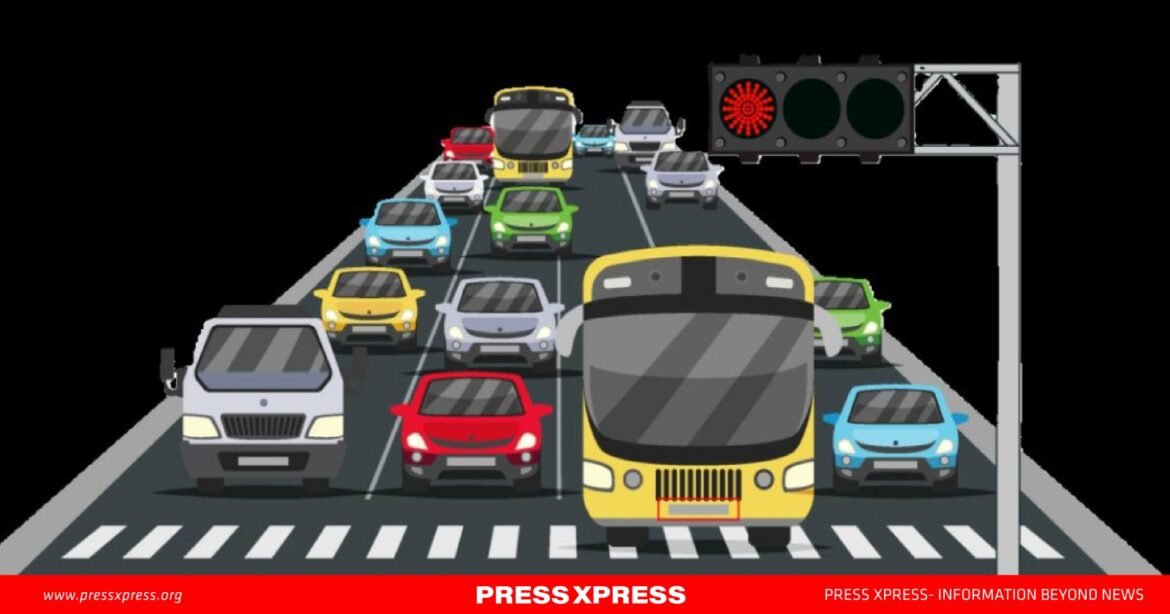In a significant leap towards smarter urban management, Dhaka, the bustling capital of Bangladesh, has introduced Artificial Intelligence (AI) to control traffic on its main roads, addressing the city’s long-standing issue with severe congestion. The AI system, utilizing advanced algorithms and real-time data from cameras and sensors at intersections, dynamically adjusts traffic signals to ensure a smoother flow of vehicles. By continuously monitoring traffic conditions and adapting to changing patterns, the system can optimize signal timings to minimize delays, especially during peak hours on notorious routes like Mirpur Road and Airport Road.
This AI-driven approach has the potential to cut down travel times for Dhaka’s commuters, who typically spend hours in traffic, while also reducing pollution levels by minimizing idle times for vehicles. AI’s predictive capabilities allow it to anticipate congestion and respond to pedestrian movements and weather conditions, which enhances the safety and efficiency of the roads. Although the implementation faces challenges, including technical issues and the need for infrastructure upgrades, Dhaka’s move to AI-powered traffic management marks a promising step toward modernizing urban mobility. As the system evolves, it could also open the door for future innovations, such as autonomous vehicles, transforming Dhaka’s streets into smarter and safer pathways for millions.


